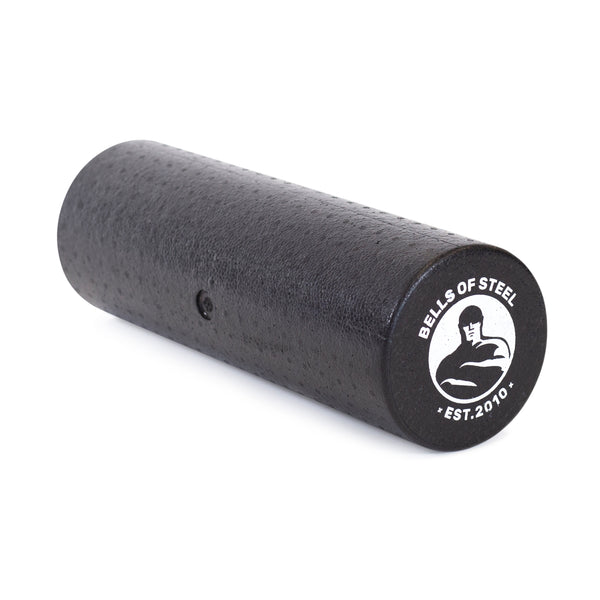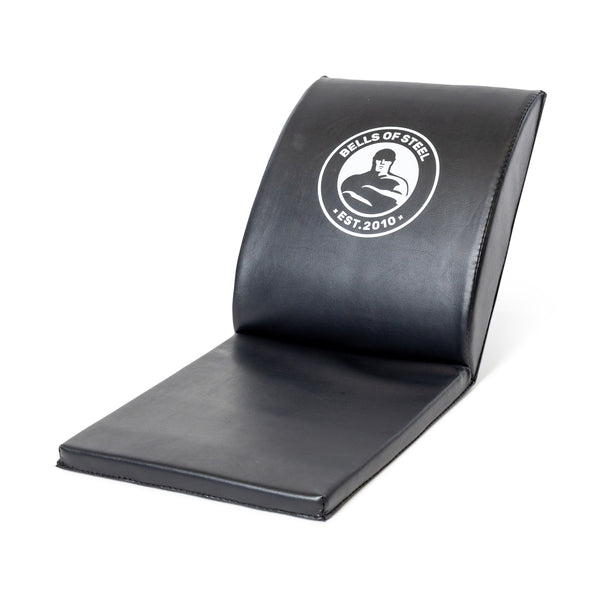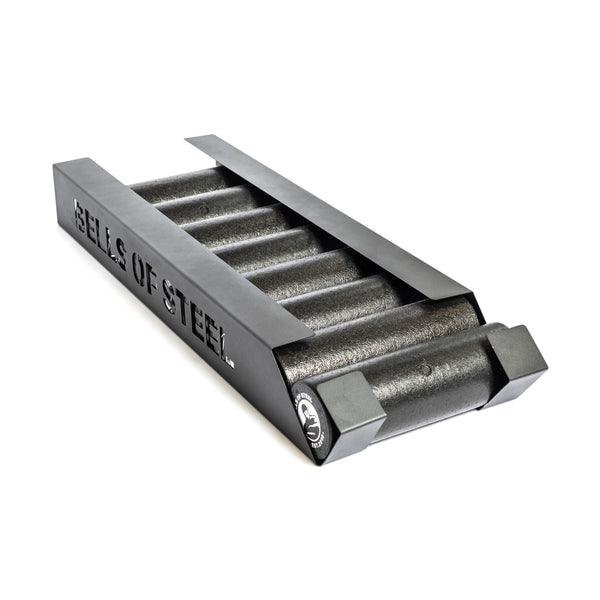Alright, fellow gym warriors! You’ve just crushed your workout—those weights didn’t stand a chance against your sheer determination! But before you kick back and dive into a post-workout pizza (where’s my invite, pal?), let’s chat about something that’s just as important as that squat PR: post workout recovery.
Recovery isn’t just the icing on the cake; it’s the essential foundation for muscle growth, injury prevention, and overall performance improvement. So, grab your foam roller and water bottle, and let’s dive into how to optimize your post-workout routine.
Why is Post Workout Recovery Important?
Recovery is where the magic happens. When you lift weights, you create micro-tears in your muscle fibers. Your body then works to repair these tears, making the muscles stronger and more resilient. But this repair process requires proper nutrition, hydration, and rest. If you skip recovery, you might find yourself feeling like a soggy noodle instead of a powerhouse.
I really need to drop the food analogies. 🫥
Tips for an Effective Post Workout Recovery Routine
1. Hydrate Like You Just Ran a Marathon
After sweating buckets during your workout, your body needs to replenish lost fluids. Water is great, but don’t forget electrolytes! Drinks with sodium and potassium can help restore what you lost. Think of it as giving your muscles a nice, refreshing spa day—hydration is the key!
2. Refuel with Purpose
Fueling your body post-workout is crucial for recovery. Aim for a meal or snack that combines protein and carbohydrates within 30-60 minutes after your workout. Protein helps repair and build muscle, while carbs replenish glycogen stores. Try a protein shake with a banana or a turkey sandwich. Your muscles will throw you a thank-you party!
Pro tip: you can also eat your water. Yeah, I know, you’re like “ok, crazy” but hear me out. If you have some fruit, like an apple which is about 80% water content, you’re contributing to rehydration. Am I saying eat 20 apples instead of drinking water? No. But you can get strategic and do your body some good.
Also apples keep doctors away. They are literally terrified of them. 🍎 Jokes.
3. Stretch it Out
Static stretching post-workout can improve flexibility and help reduce muscle soreness. Focus on the muscles you just worked, holding each stretch for about 20-30 seconds. Think of it as giving your muscles a nice long hug—who doesn’t love a good squeeze?
4. Get Your Beauty Sleep
While you might think of sleep as a luxury, it’s a necessity for recovery. Aim for 7-9 hours of quality sleep each night. This is when your body releases growth hormone, helping repair those hard-working muscles. So, kick back, cozy up, and let your body do its magic!
5. Incorporate Active Recovery
Sometimes, the best way to recover is to keep moving—but not at high intensity! Engage in low-impact activities like walking, swimming, or cycling on your rest days. This keeps blood flowing to your muscles, helping them recover faster. Think of it as a chill day for your muscles, enjoying some light activity while sipping on a smoothie.
6. Don’t Skimp on Foam Rolling
Foam rolling is like a DIY massage for your muscles. It helps release tension, improve blood flow, and reduce soreness. Spend about 10-15 minutes rolling out the major muscle groups after your workout. Your muscles will feel like they just enjoyed a five-star spa treatment—so go ahead and roll out those kinks!
WAIT. *Record scratch, freeze frame* Foam rolling doesn’t replace stretching and intentional mobility work. Incorporate these practices into your post workout routine too. Nice try. 🧐
7. Monitor Your Muscle Soreness
Delayed Onset Muscle Soreness (DOMS) is a common side effect of a hard workout, but don’t let it deter you! Light movement, stretching, and proper nutrition can help ease the pain. Listen to your body: if you’re feeling more like a tin man than a well-oiled machine, consider adjusting your training intensity or allowing more recovery time.
DOMS is another reason why it’s so important to start slow and scale up. Don’t let that beginner motivation trick you into giving it your all during week one after starting a new program or returning to fitness after a break. Take it easy or stairs will become SUPER challenging for you.
8. Prioritize Mental Recovery
Physical recovery isn’t the only aspect; mental recovery is essential too! Take some time to unwind, meditate, or practice deep breathing. Managing stress and mental fatigue can improve overall performance and keep you motivated. Your brain needs a break just as much as your muscles do—so chill out, will ya?
9. Keep a Consistent Routine
Creating a post-workout routine can help your body recognize when it’s time to recover. Whether it’s sipping your protein shake, doing some light stretching, or foam rolling, consistency is key. Eventually, your body will start to crave that recovery time as much as it craves gains!
10. Consult the Experts
If you’re unsure about your recovery plan, don’t hesitate to consult a trainer or a physical therapist. They can provide personalized advice and strategies tailored to your specific needs and fitness goals. Think of them as your recovery GPS—guiding you to the right path!
FAQs About Post Workout Recovery
Q: How long should I wait to work out again after a tough session?
A: Listen to your body! If you’re feeling sore or fatigued, it’s okay to take an extra day off or focus on a lighter workout. Ideally, give yourself 48 hours before targeting the same muscle group intensely again.
Q: Can I do strength training every day?
A: Yes, but it’s essential to balance your routine with proper recovery. Consider alternating muscle groups or incorporating lighter sessions to allow for recovery. Your muscles will appreciate the breather!
Q: What should I eat after a workout?
A: Aim for a combination of protein and carbs. Foods like Greek yogurt with fruit, a protein smoothie, or a chicken wrap are great options. It’s all about refueling the machine!
Q: Is stretching necessary after every workout?
A: While not mandatory, stretching can be very beneficial for flexibility and muscle recovery. It helps reduce tension and can improve your range of motion over time. So, yes—give your muscles that post-workout hug!
Conclusion: Treat Your Muscles Right!
Post workout recovery is the unsung hero of any fitness journey. By implementing these tips, you’ll not only recover faster but also enhance your overall performance. Remember, gains don’t just happen in the gym; they happen when you give your body the care it needs afterward.
So, hydrate, refuel, stretch, and roll those muscles out like the champion you are. Your future self will thank you with every squat, deadlift, and sprint. Now go forth, recover like a pro, and get ready to conquer your next workout!



